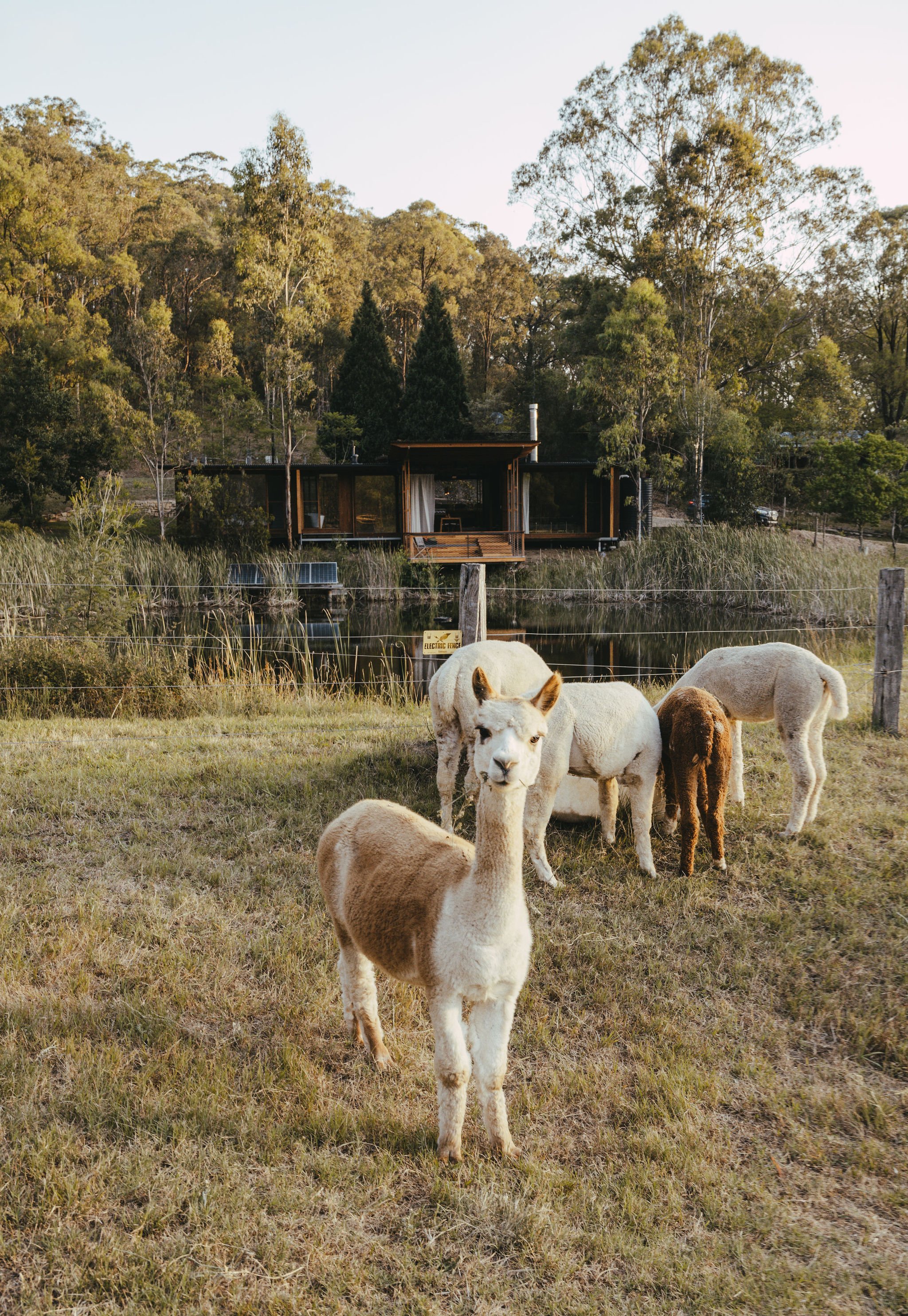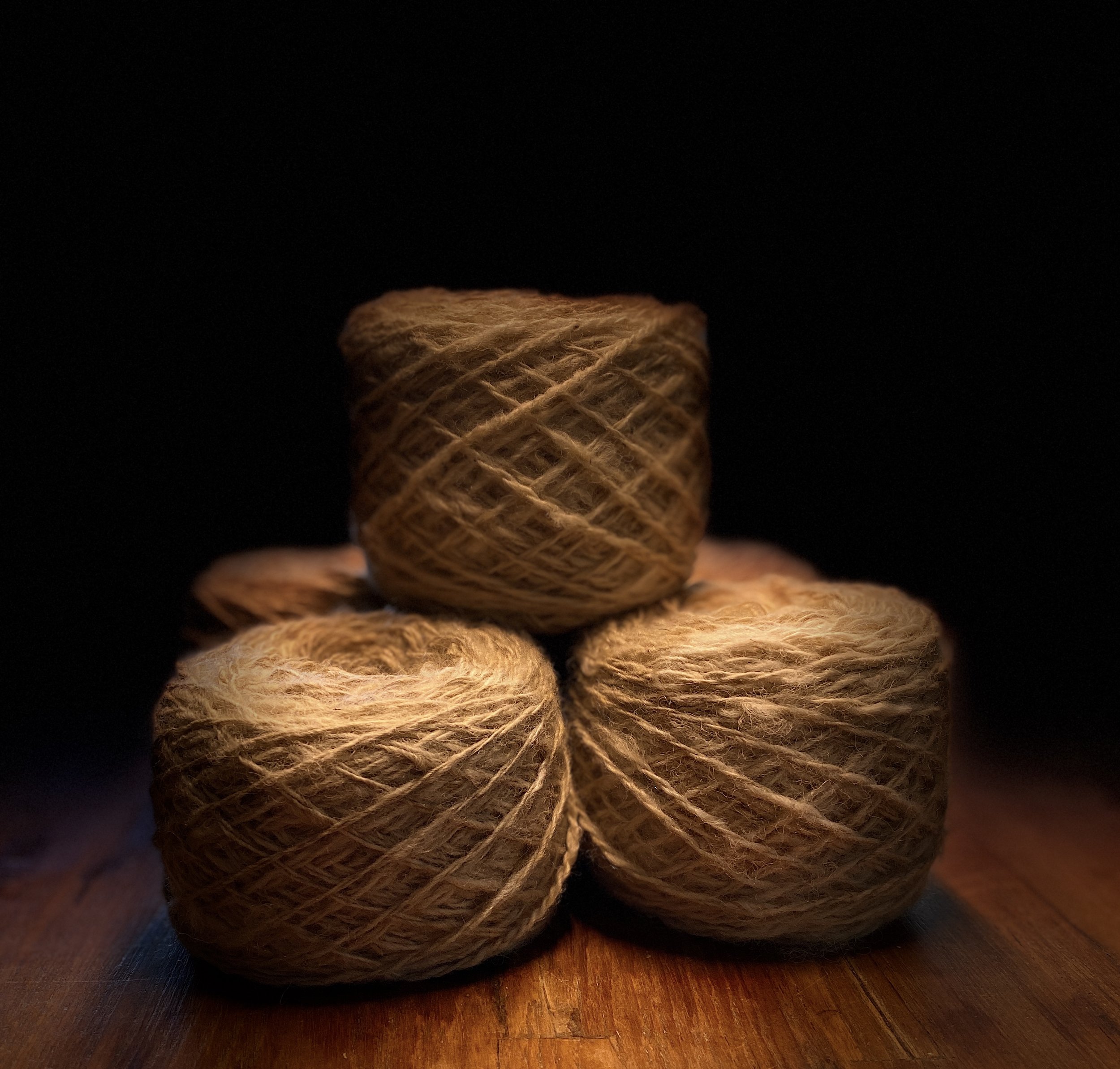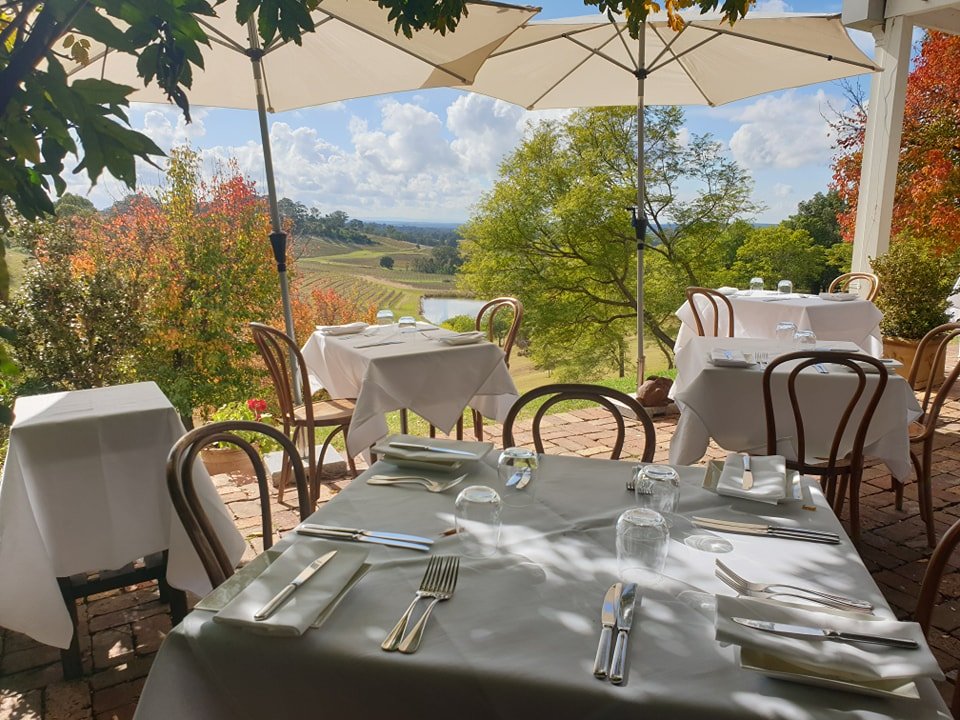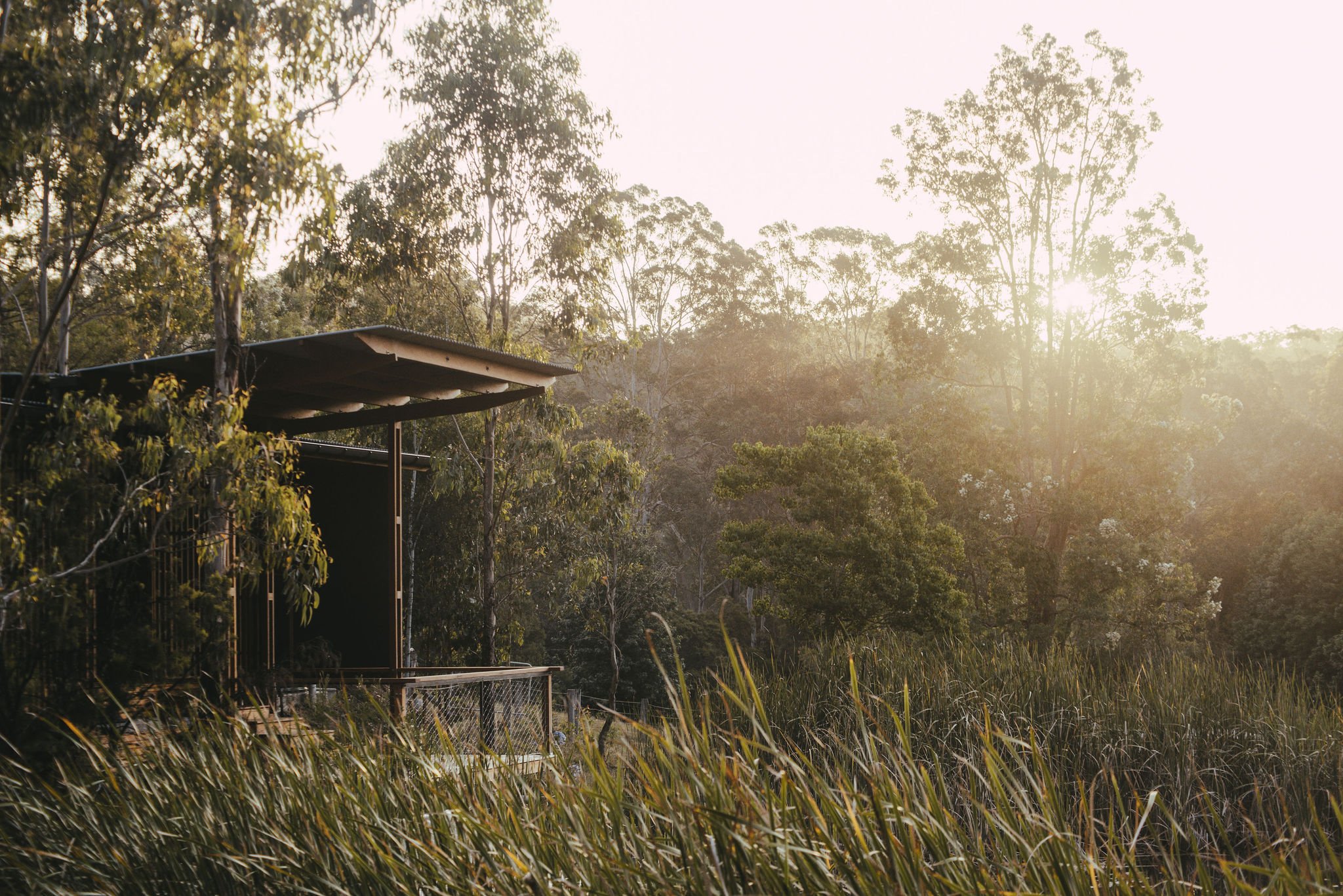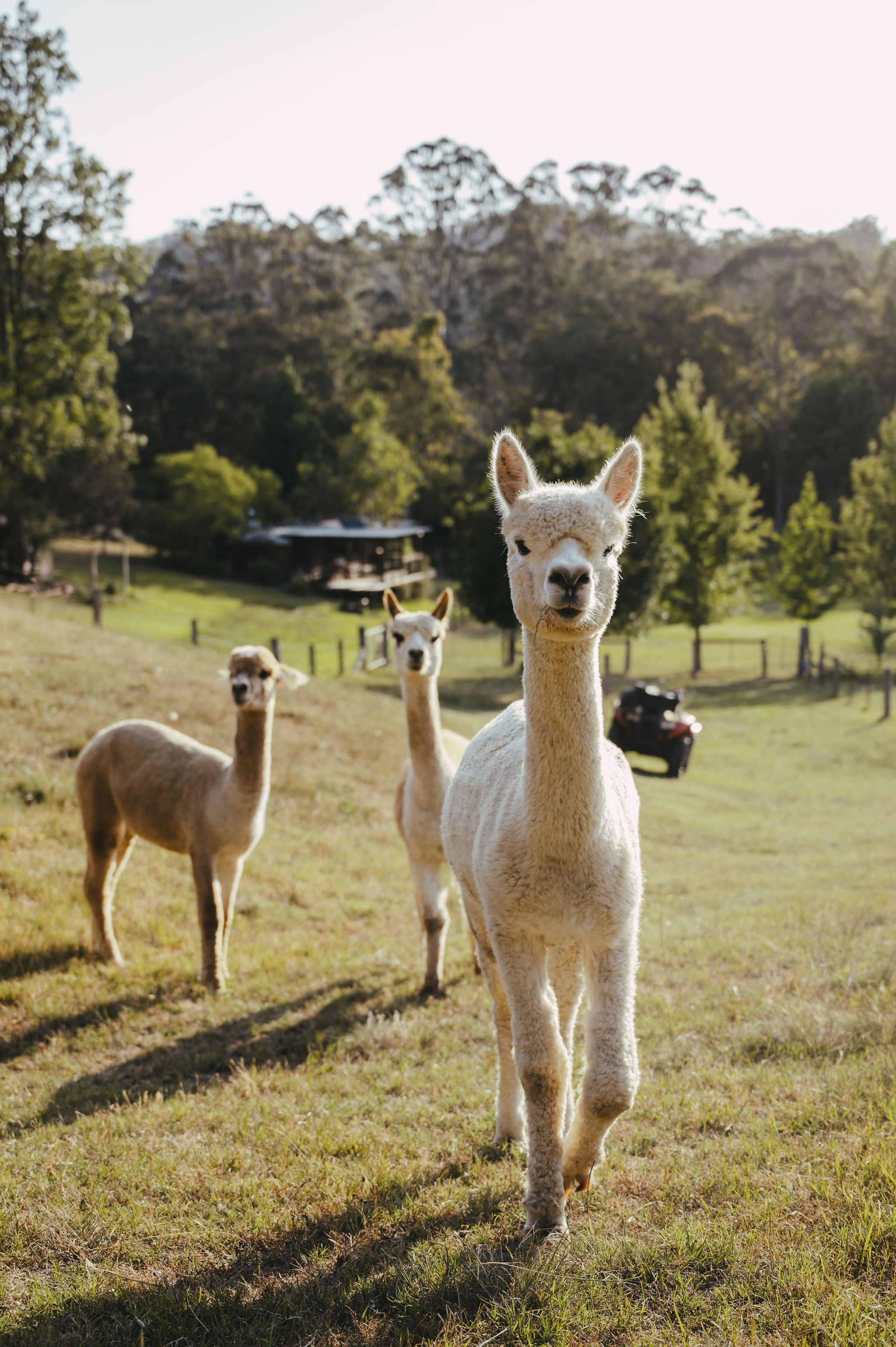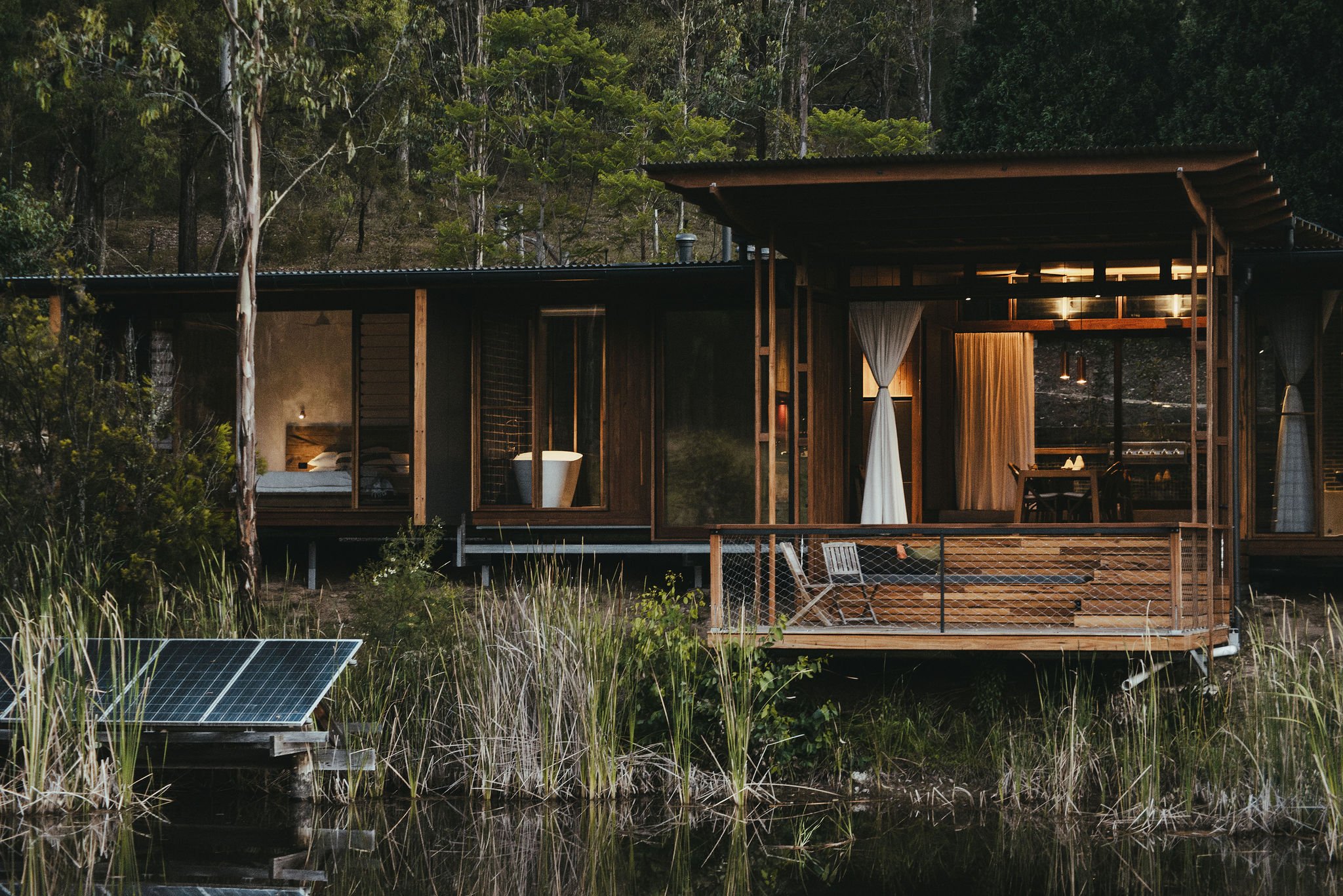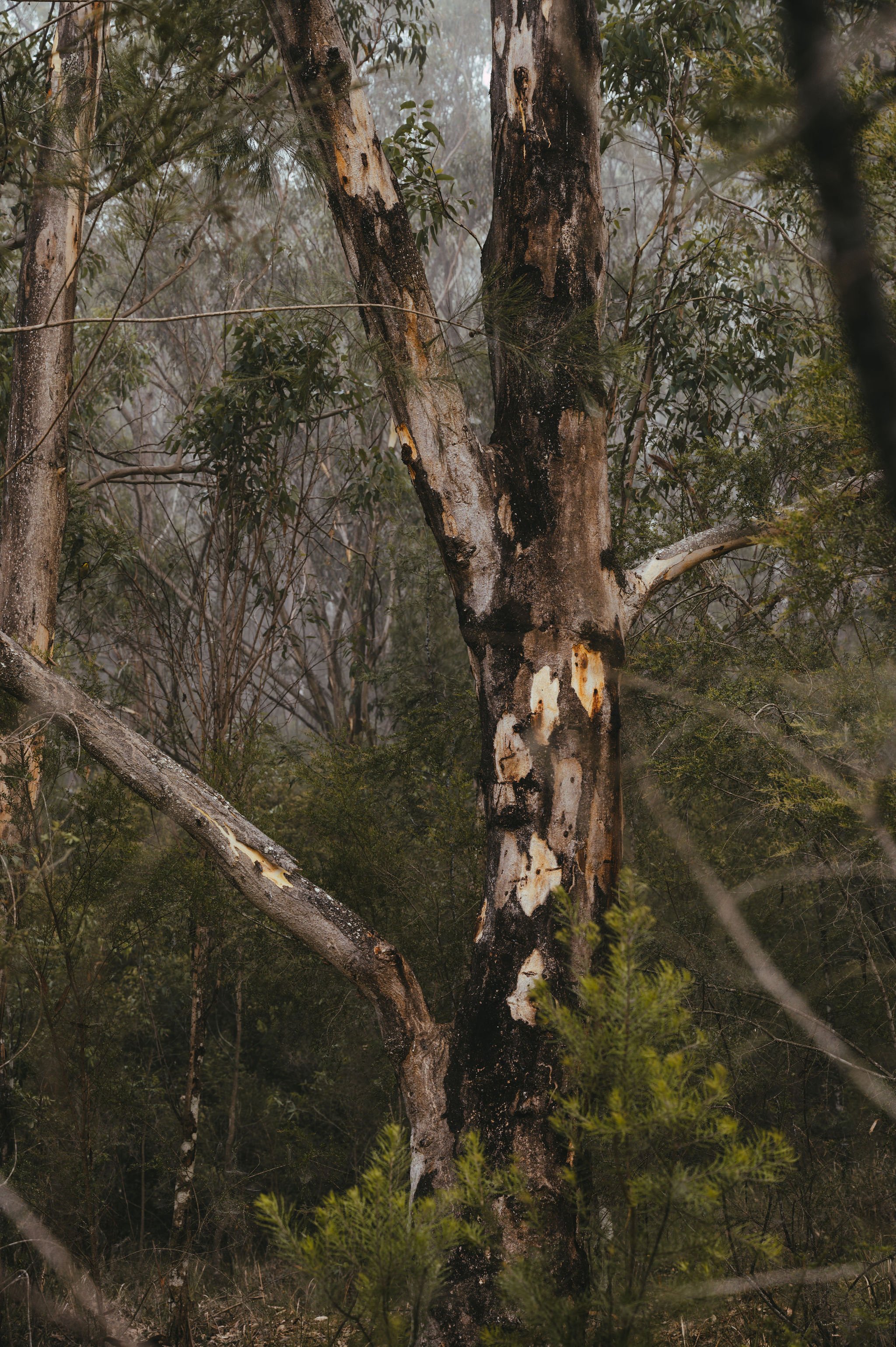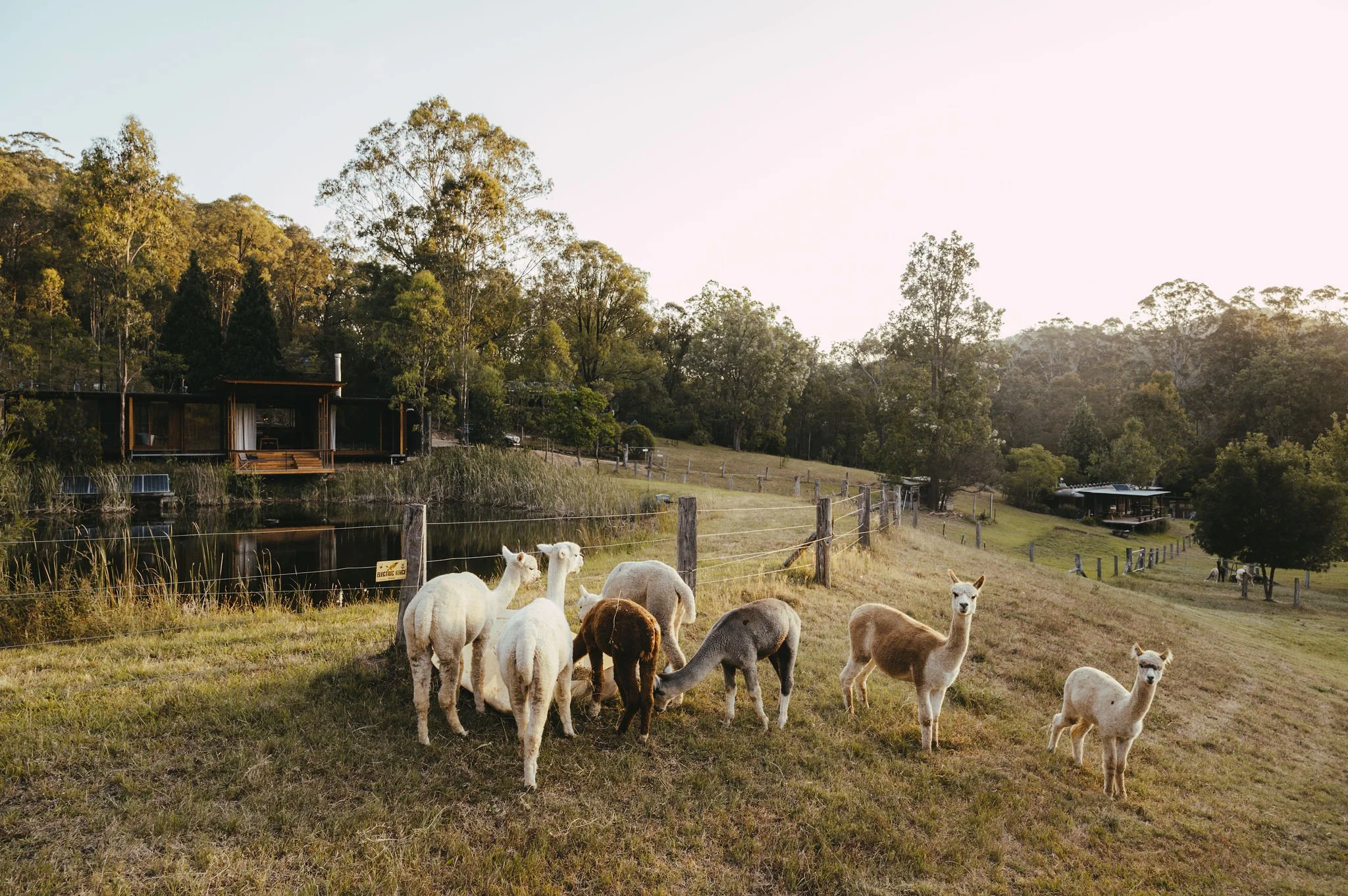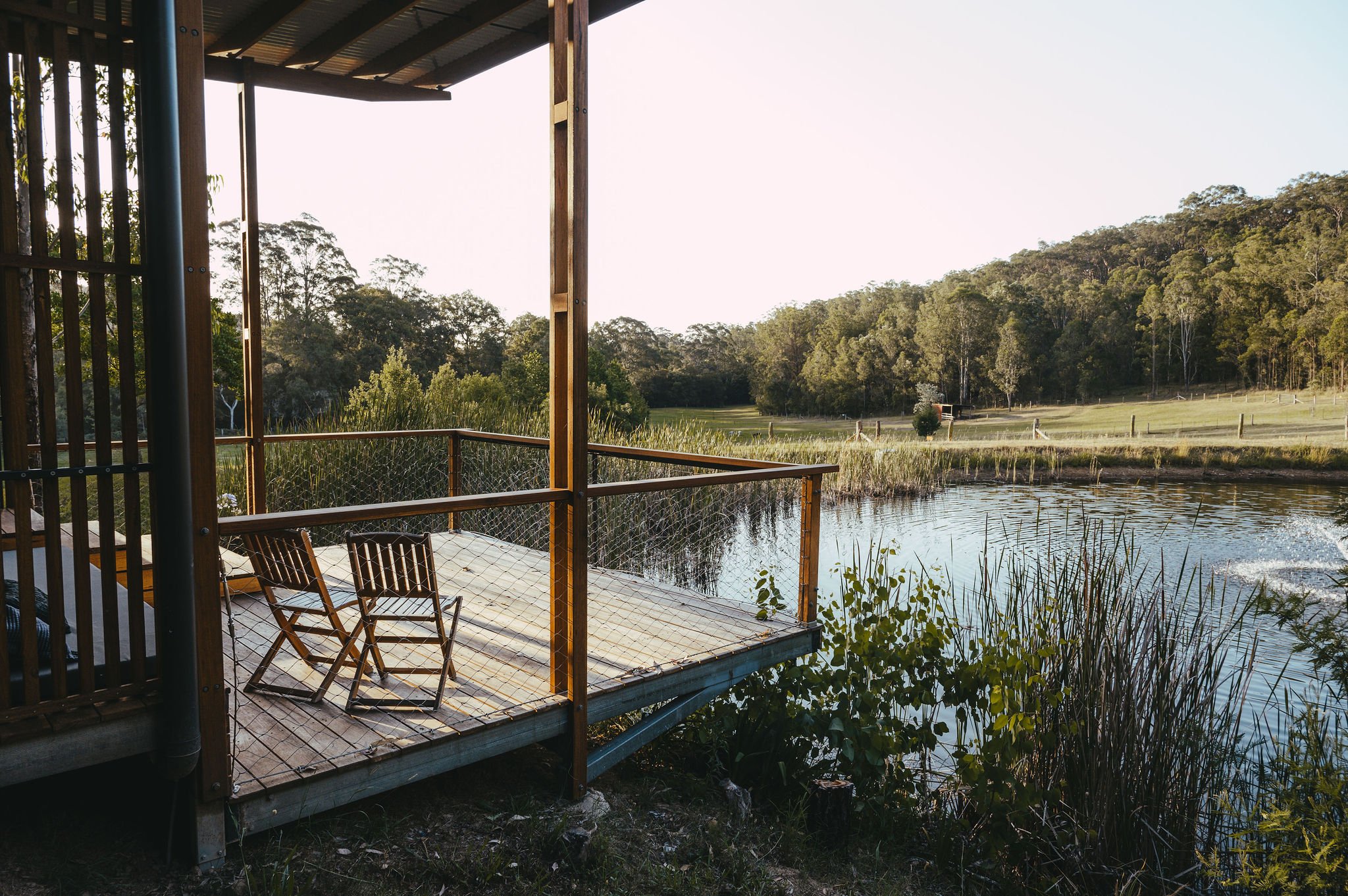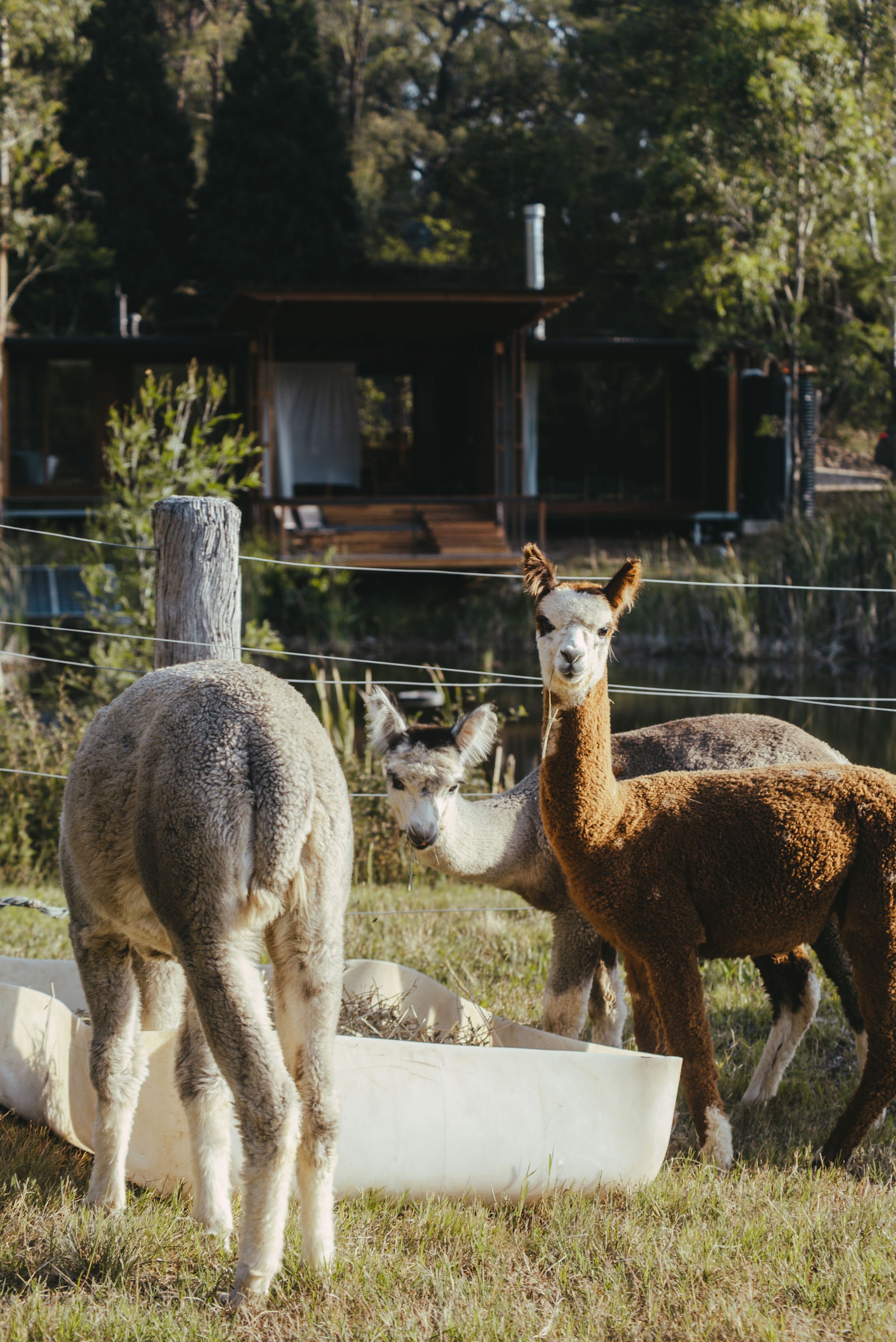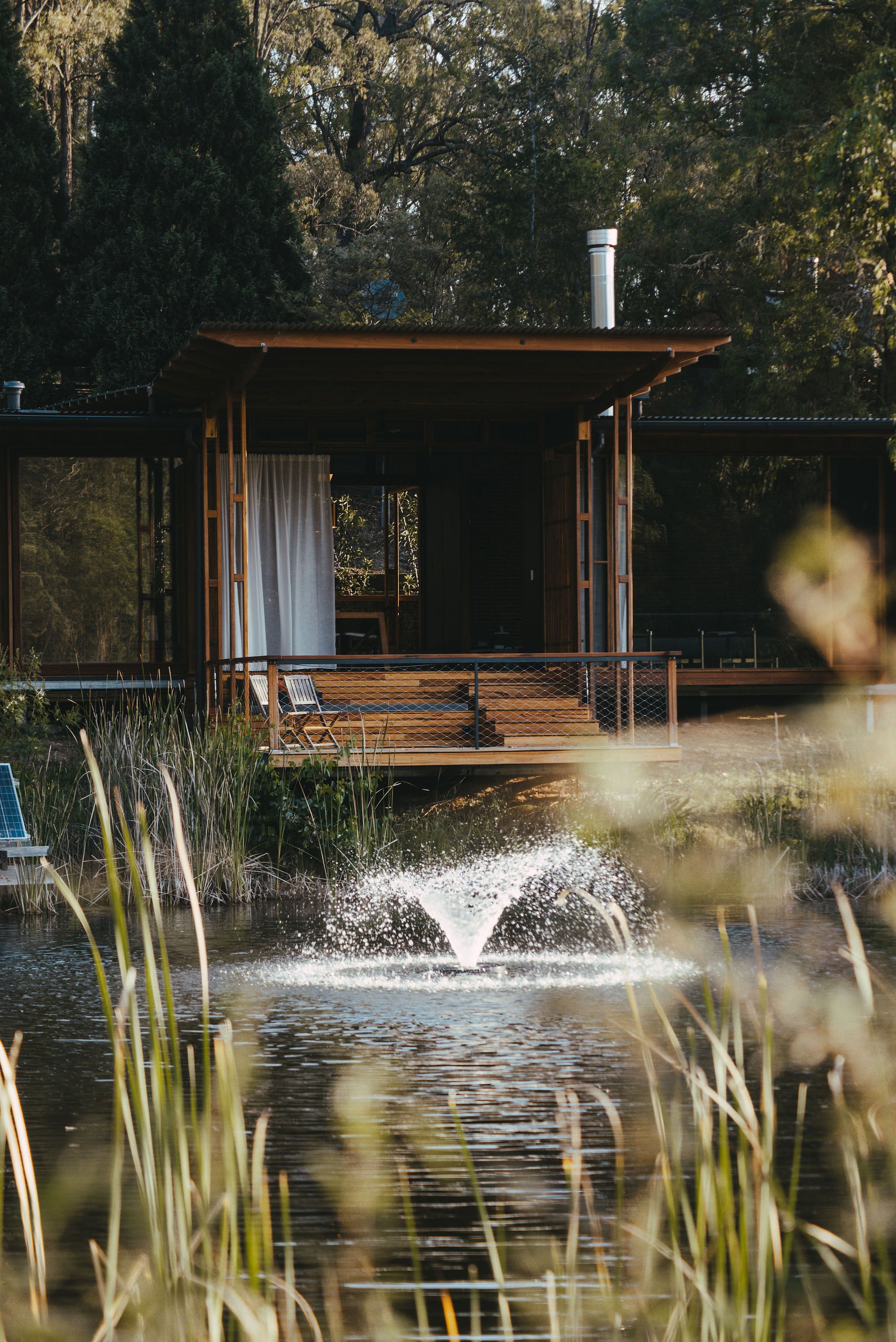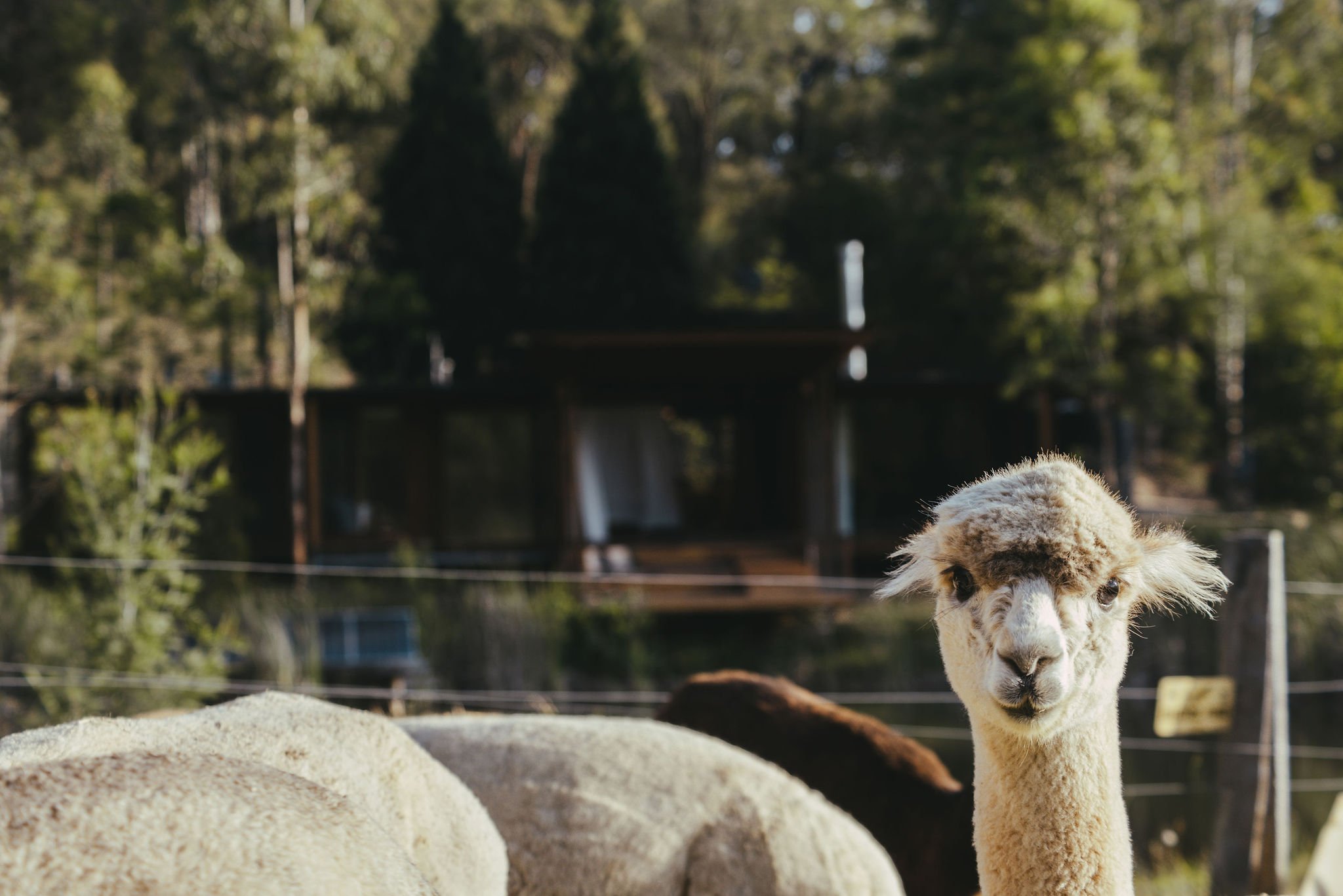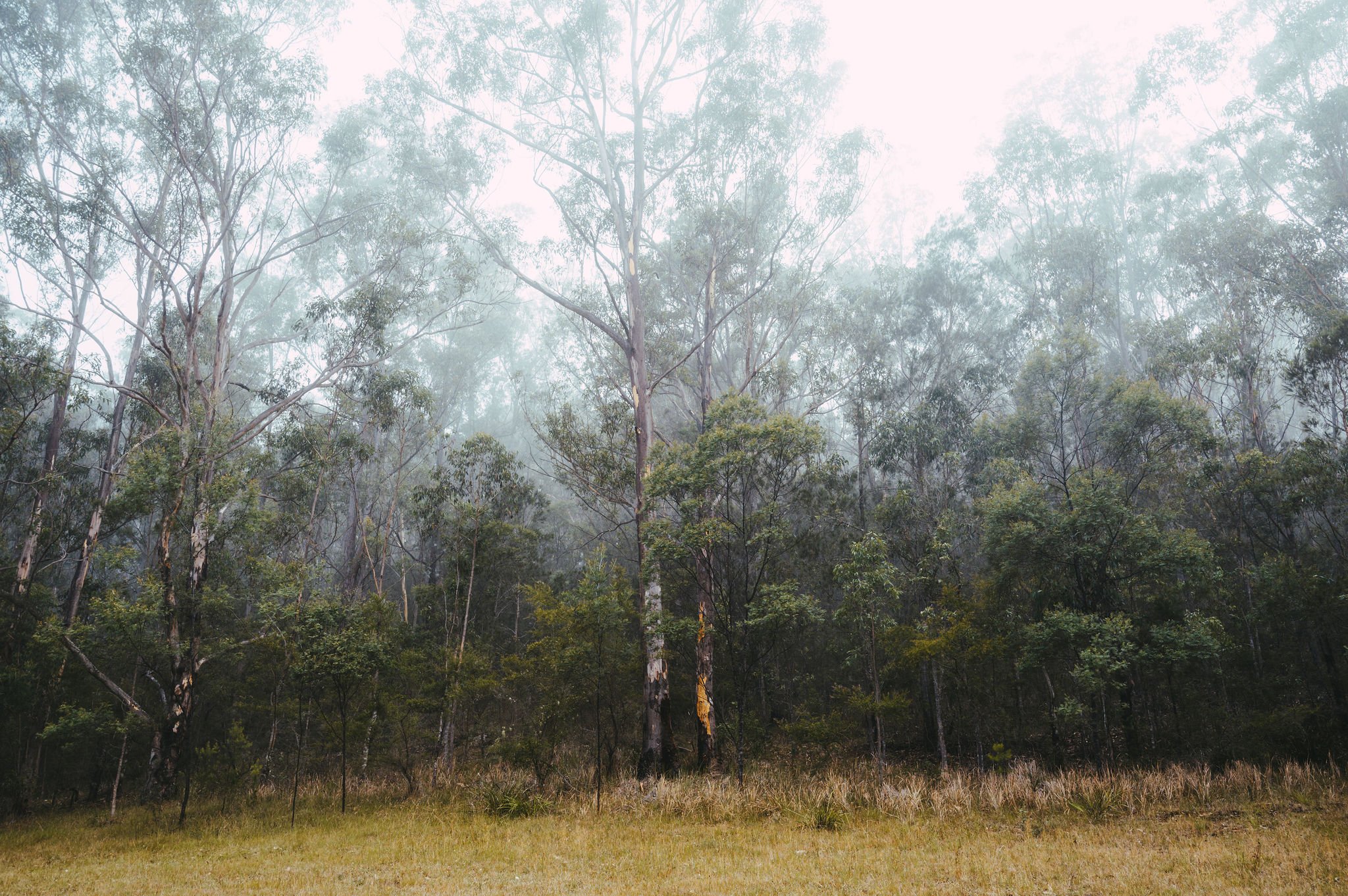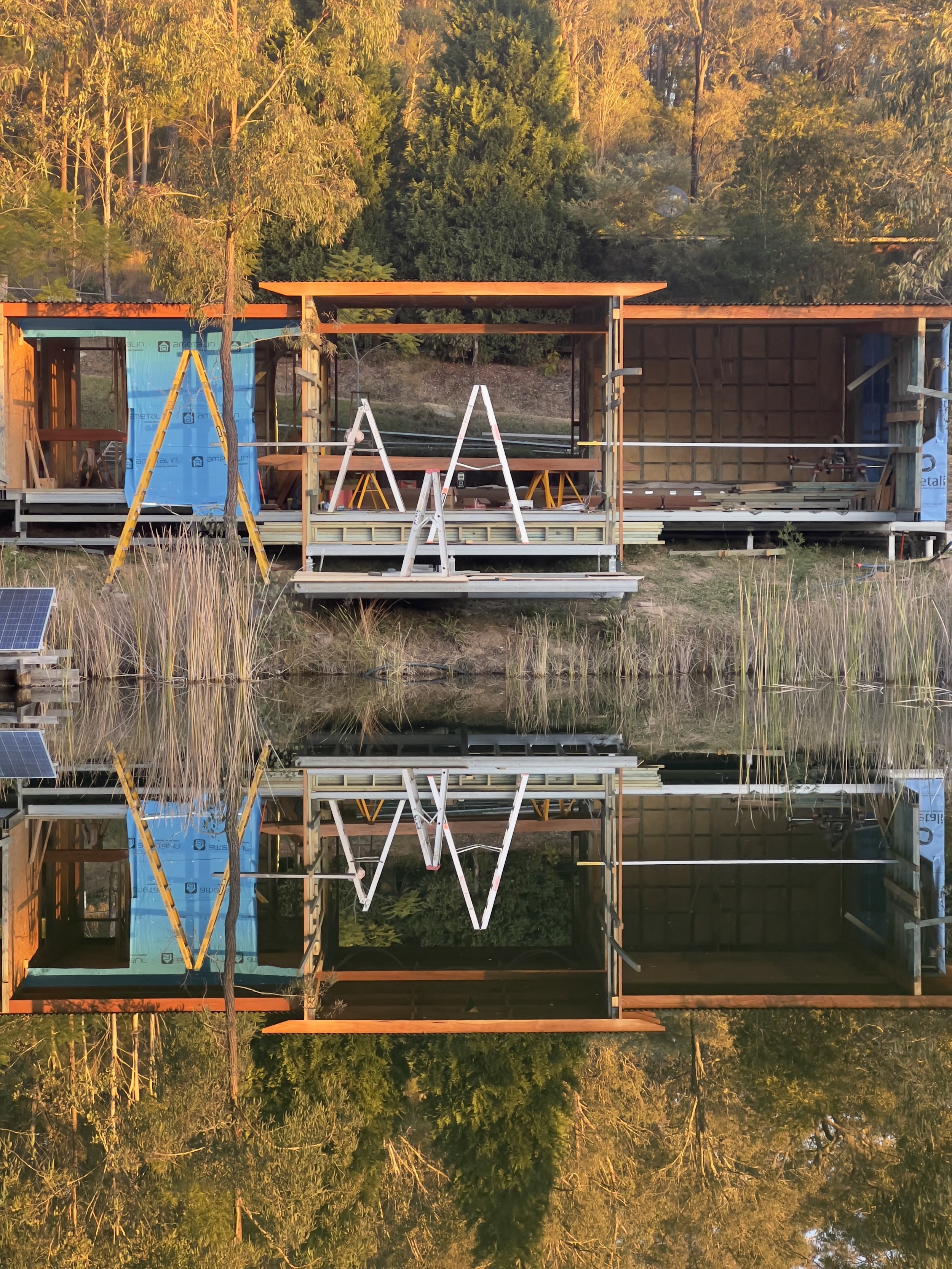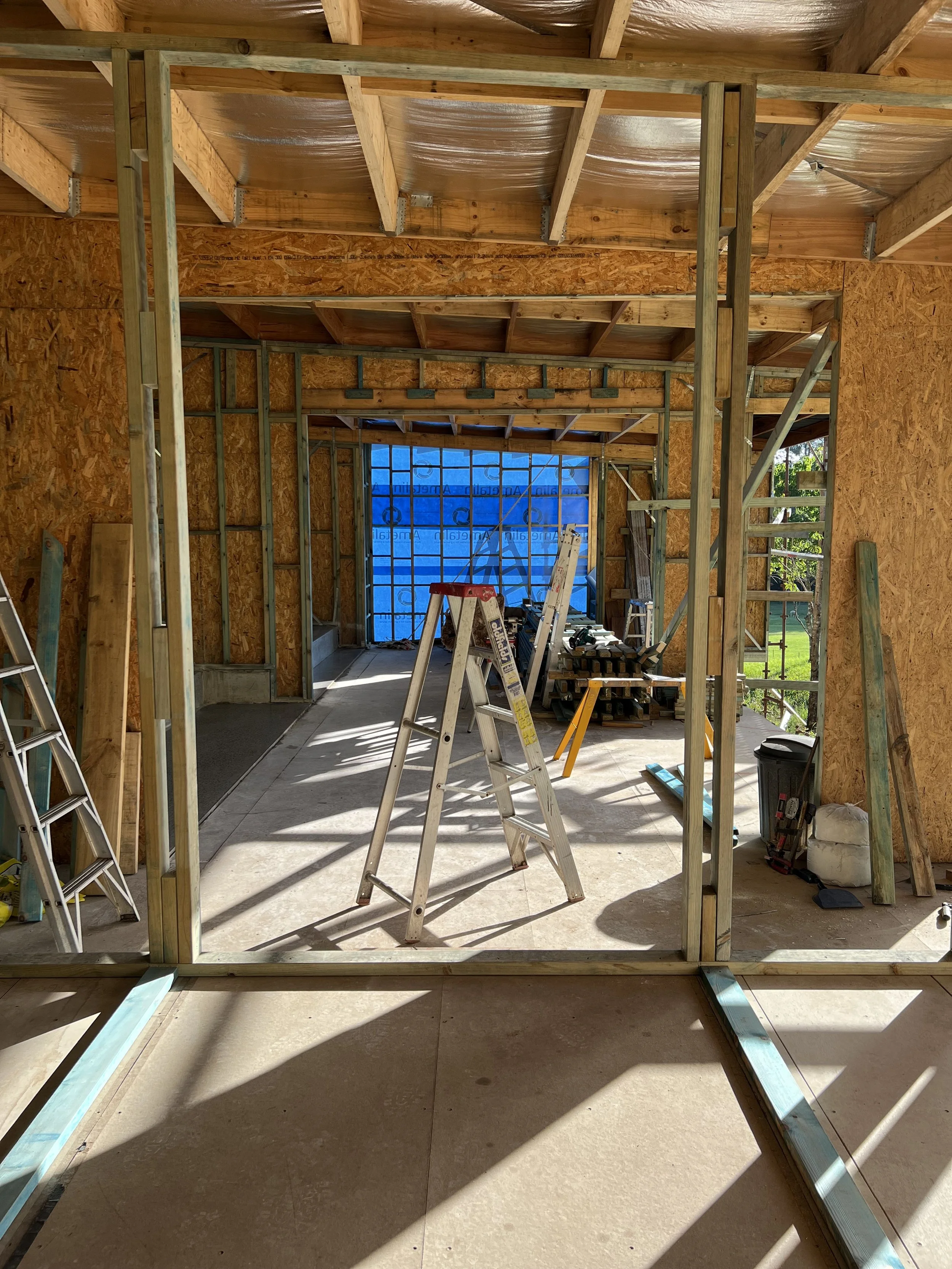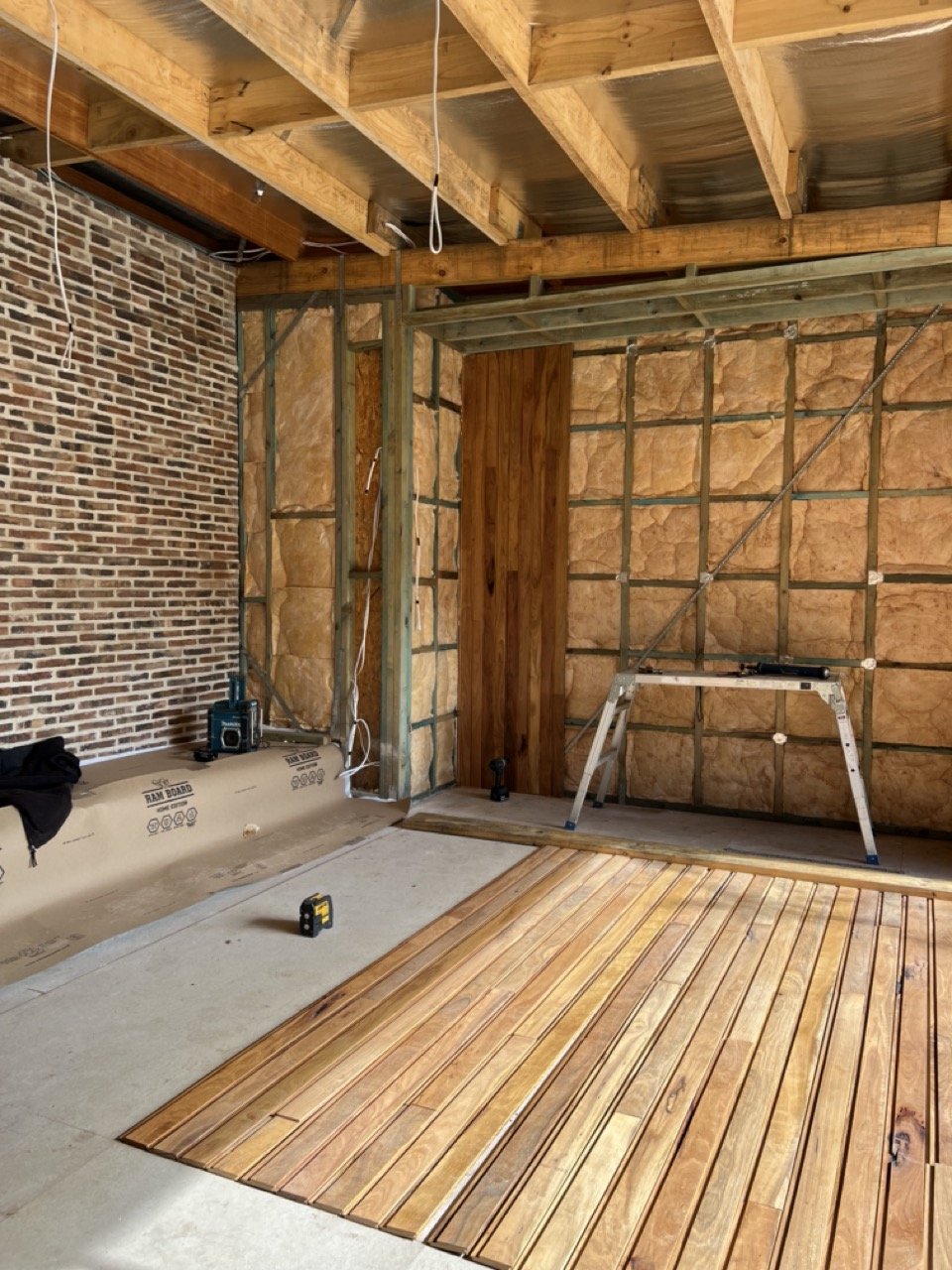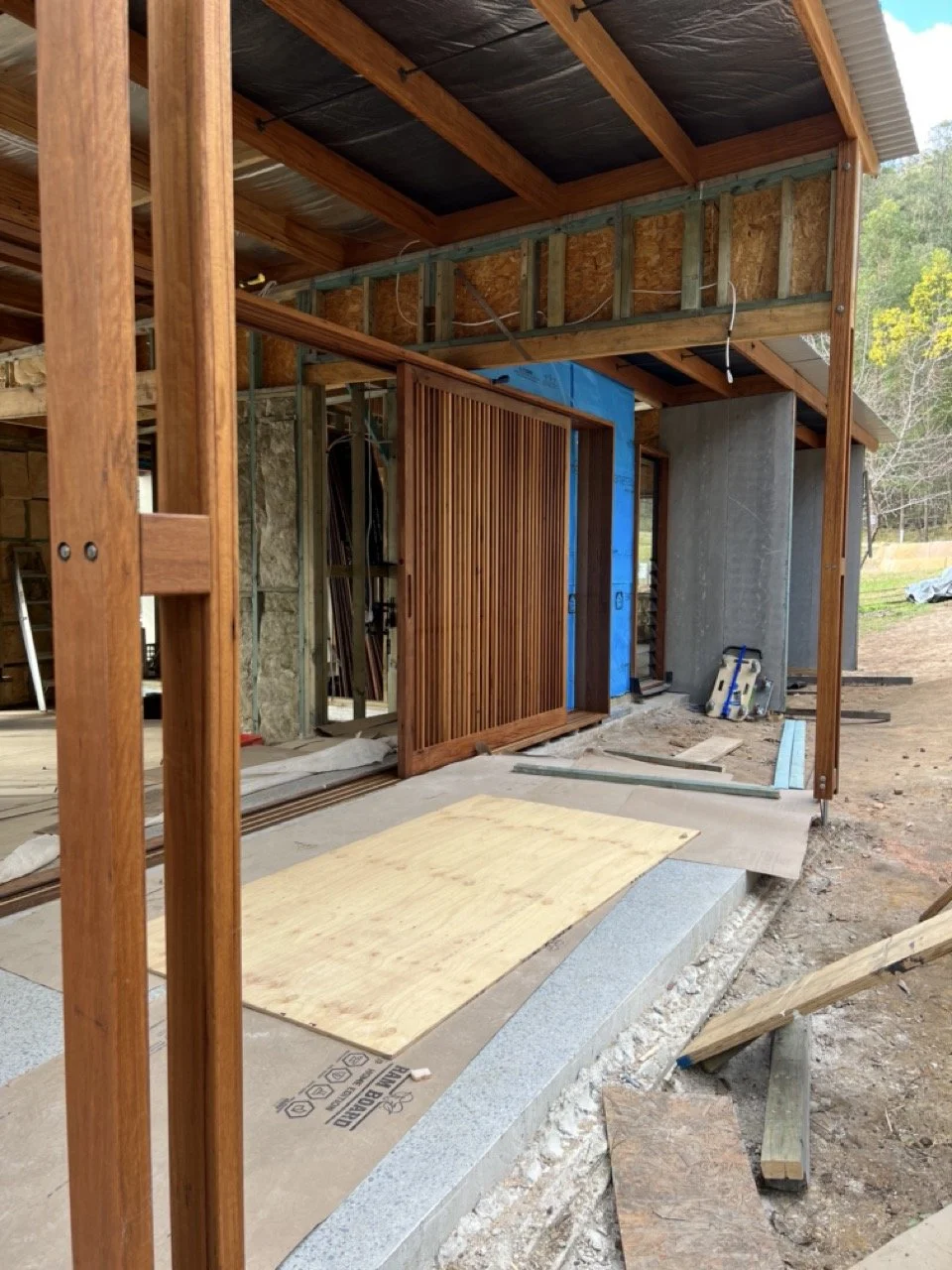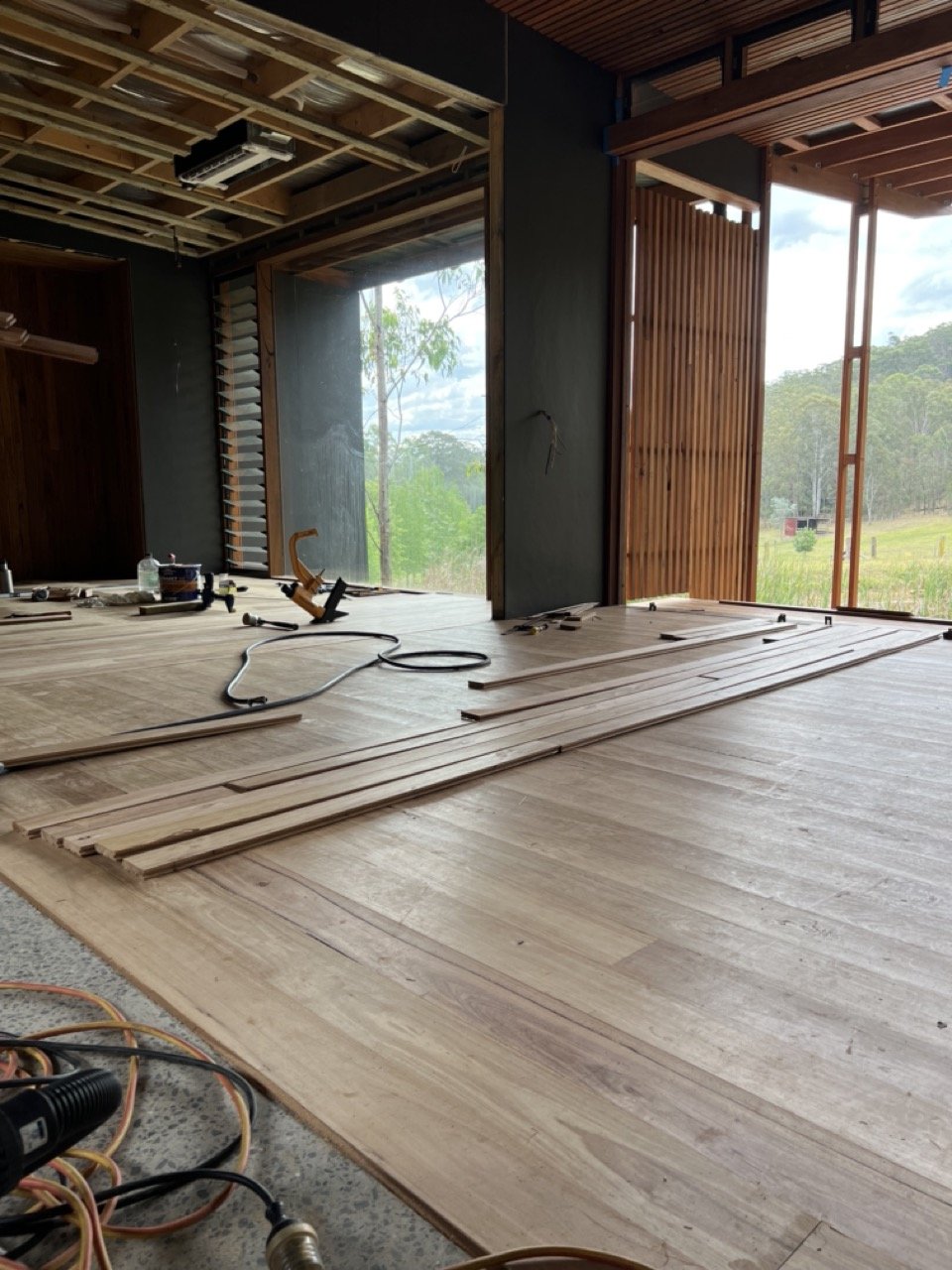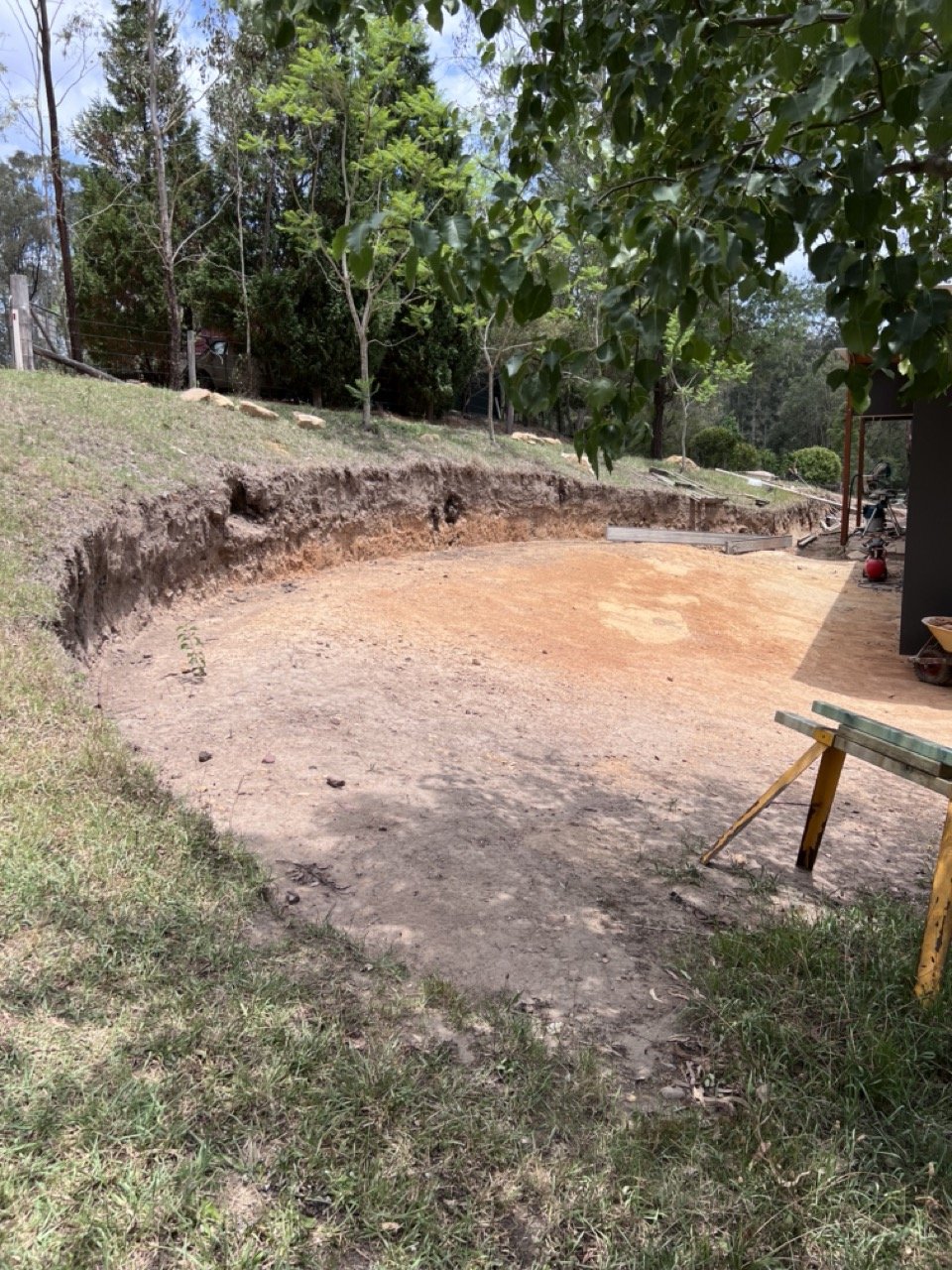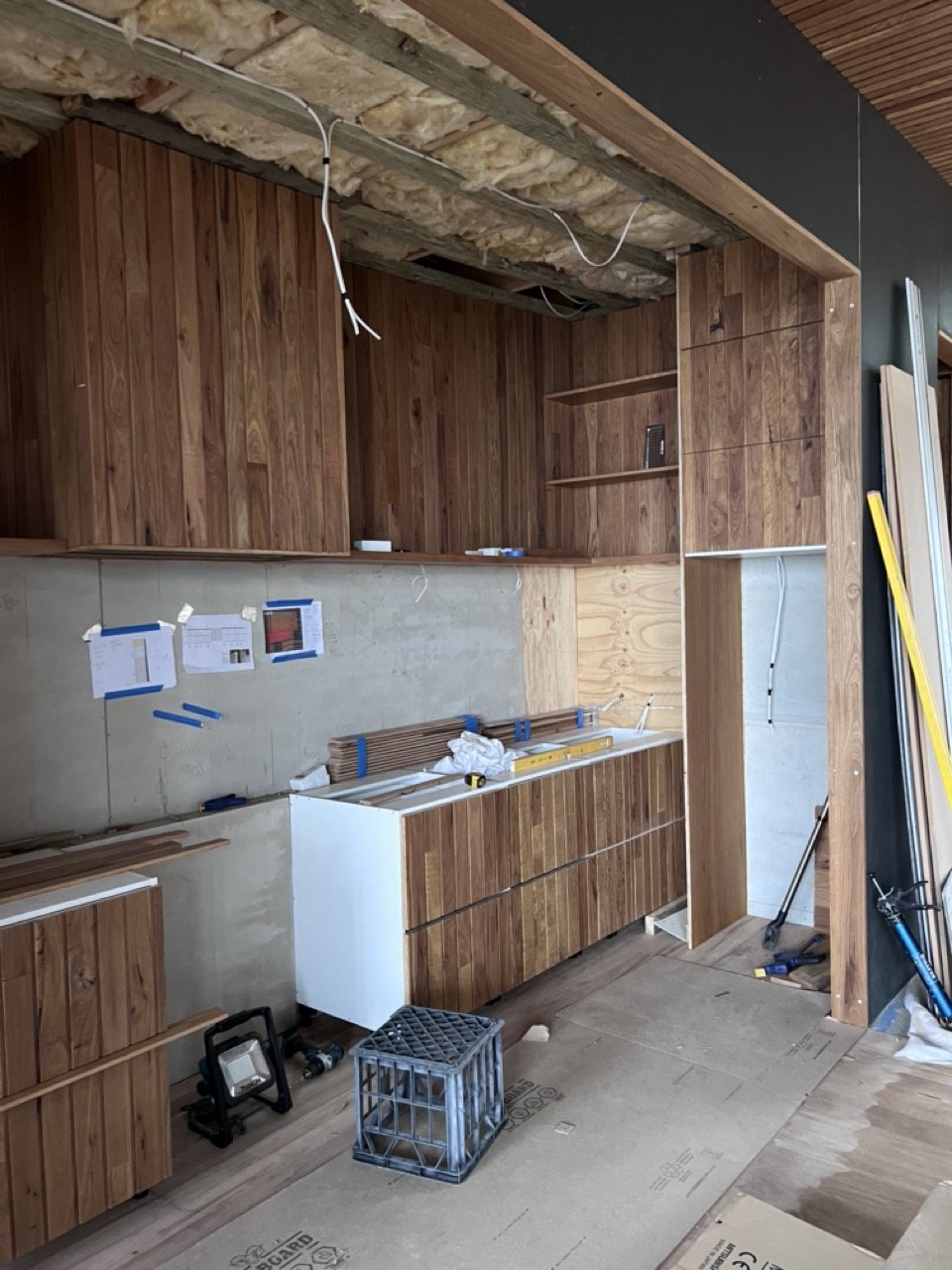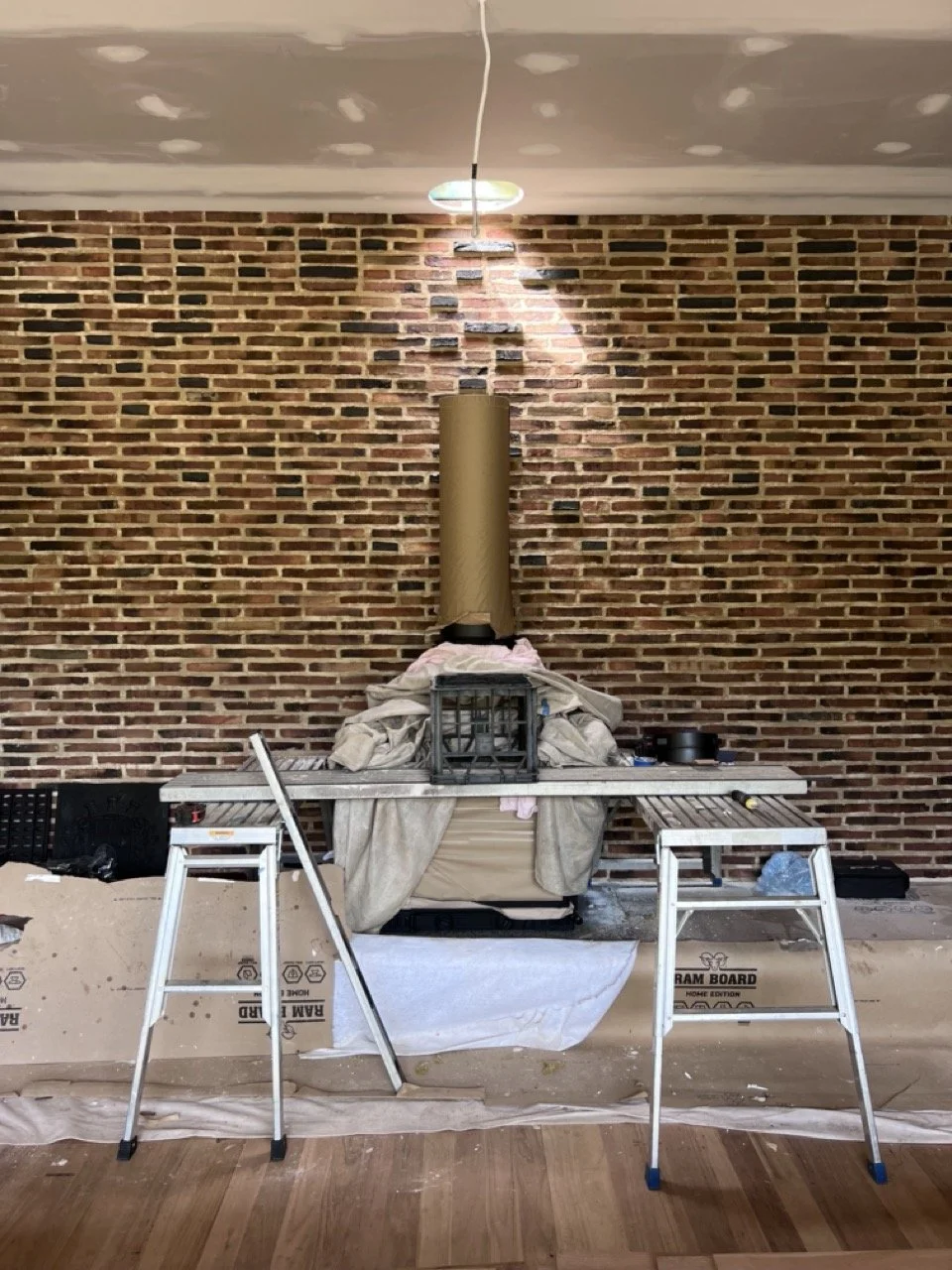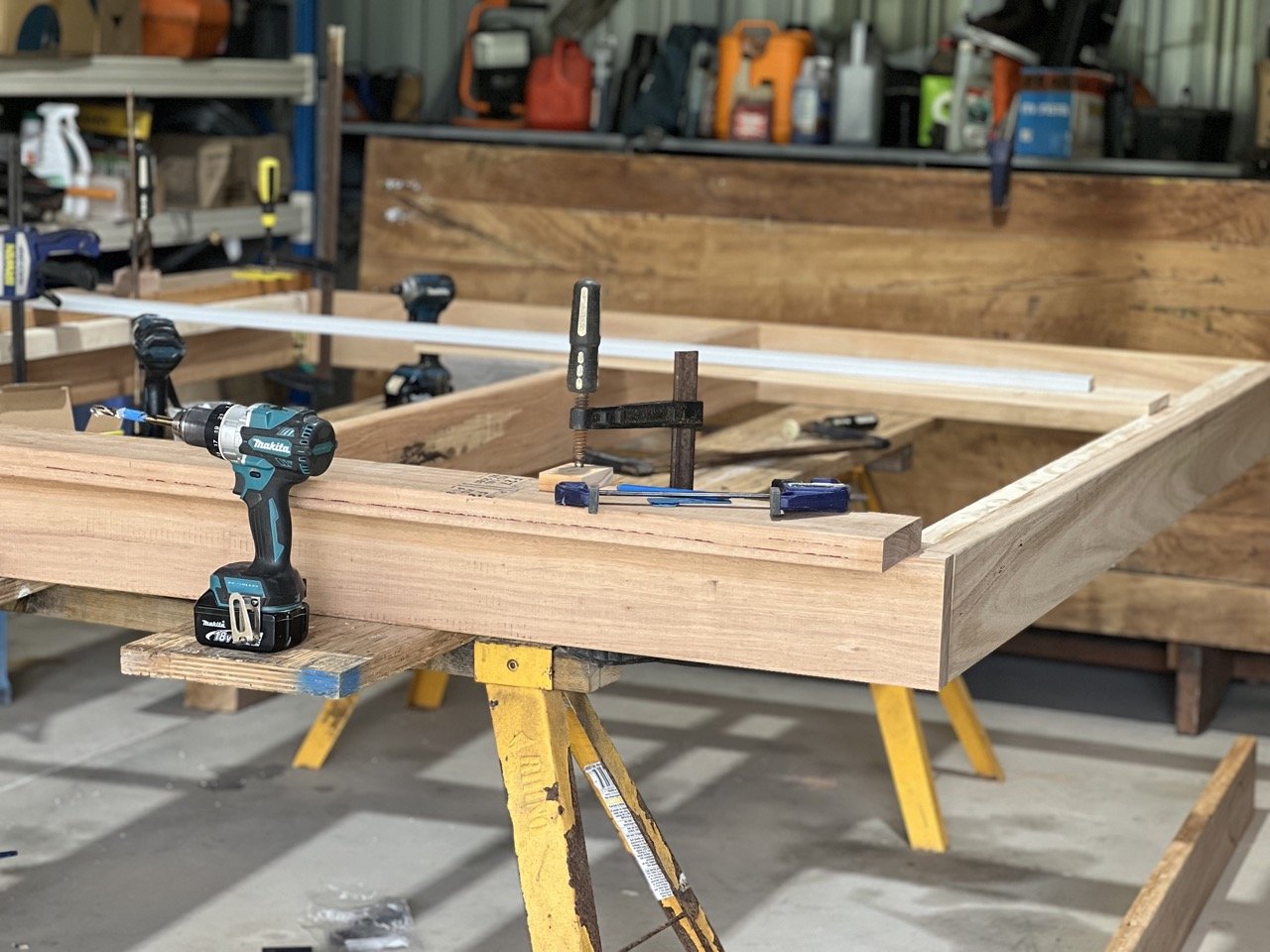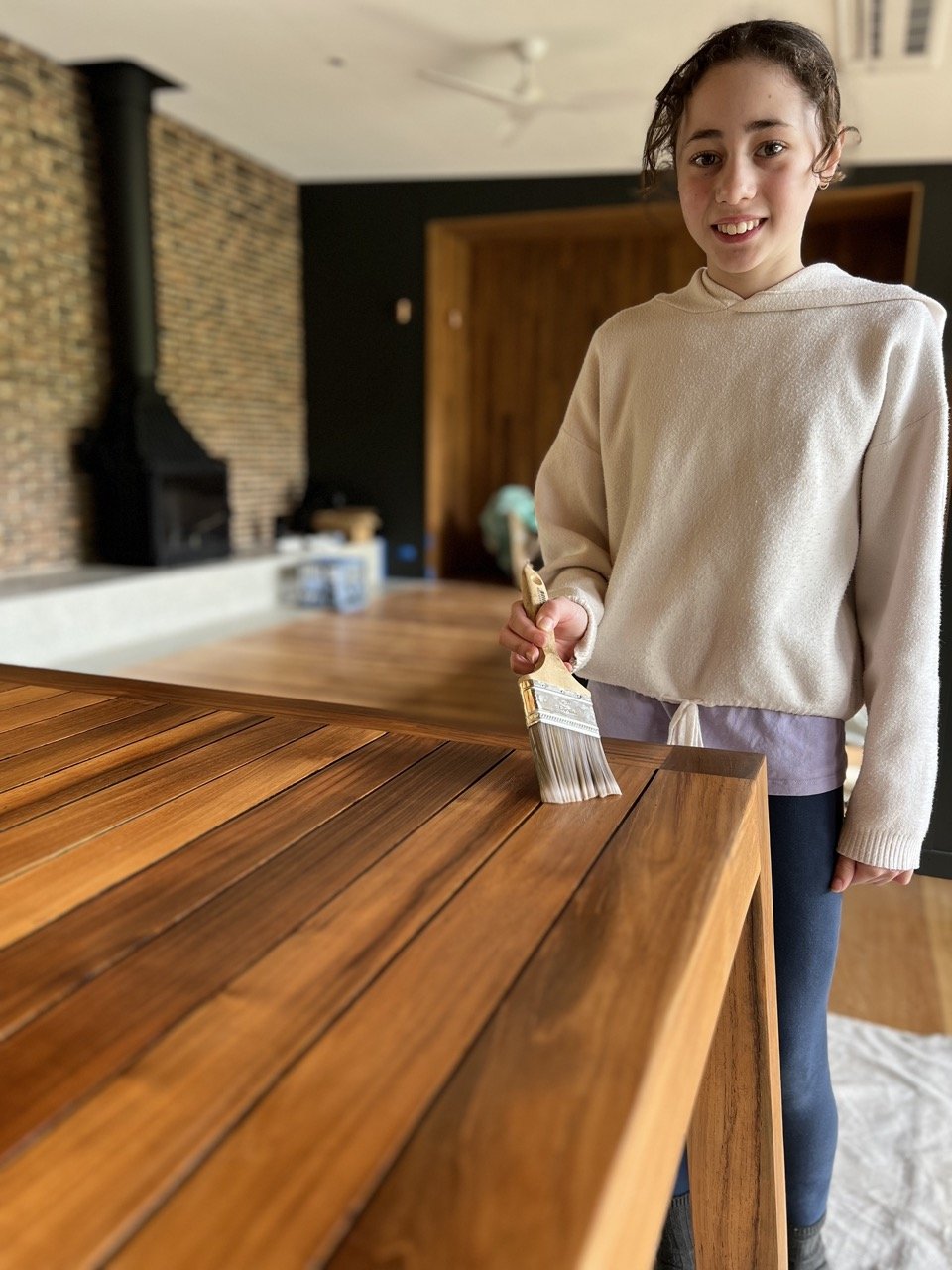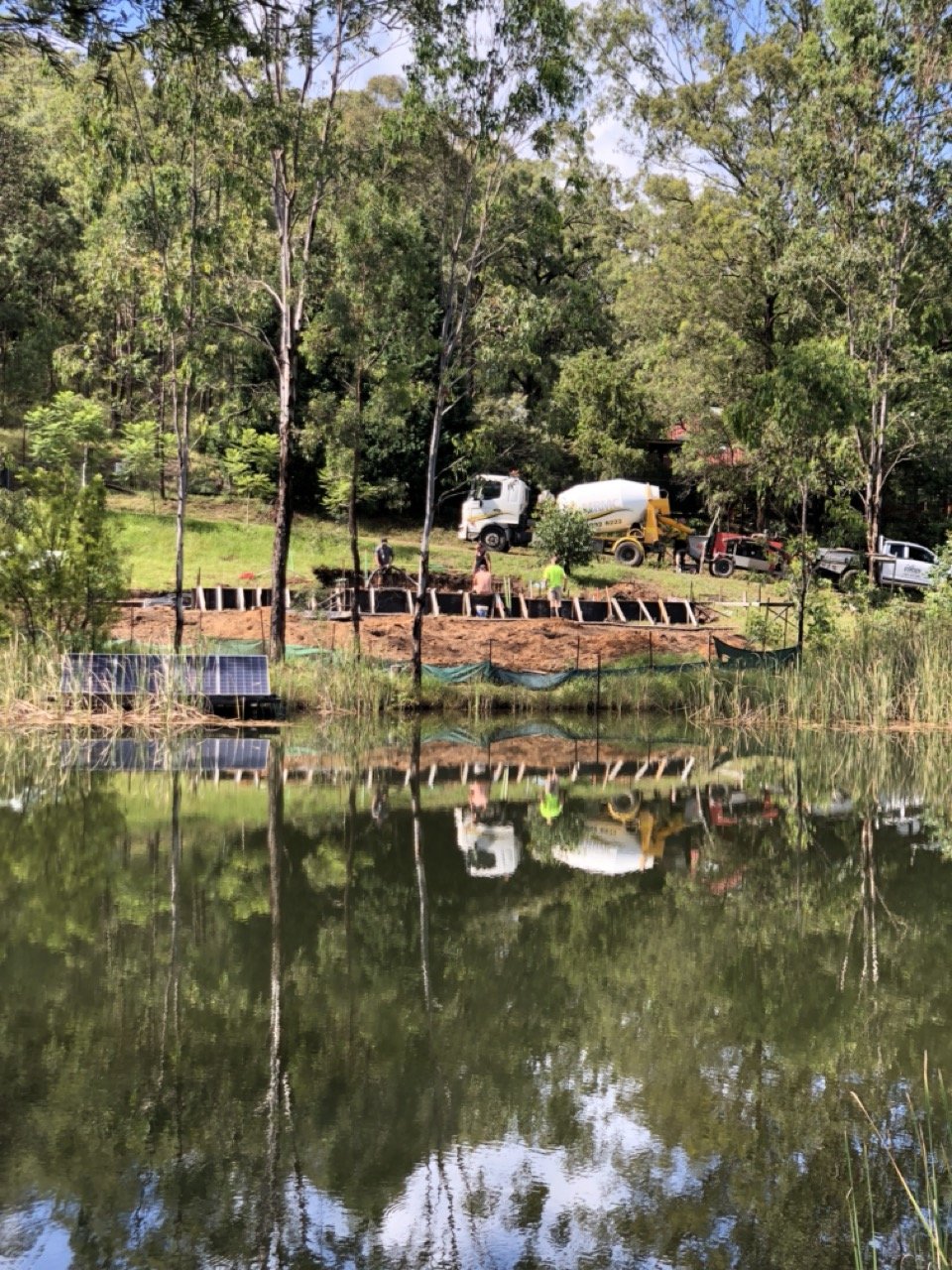FOR IMMEDIATE RELEASE
PRESS RELEASE
Little Valley Farm to showcase La Sierra Alpaca Knitwear and Living
Wollombi Valley, NSW – [9 April 2025] – From a shared love of alpacas and textiles, Little Valley Farm is proud to announce its bringing a curated selection of ethically made alpaca knitwear and living to its boutique farmstay and online store thanks to La Sierra.
Alpaca: A Sustainable Luxury
Naturally lightweight, breathable, and long-lasting, alpaca fibre is one of the world’s most sustainable materials. Beyond its everyday benefits, it contributes to a healthier planet, offering a natural, biodegradable, and eco-friendly alternative to synthetic fibres.
Why La Sierra?
Little Valley Farm has always made use of the fleece from their alpaca herd, but local production has often been slow and challenging. So when founders Euan and Daniela met Sophia, the creative force behind La Sierra, a brand that shares their values of ethical craftsmanship, sustainability, and slow living, the connection was instant.
La Sierra offers a direct link to Peruvian artisans, supporting community impact through education, fair wages, and improved living conditions. It’s more than just a brand—it’s a purpose-driven collaboration built on meaningful connections.
La Sierra was born from Sophia’s own journey to find something truly special: luxury with meaning. While travelling through South America, she discovered the unmatched softness of alpaca fibre and the remarkable artistry of Indigenous makers who have honed their craft over generations.
Inspired by timeless quality, sustainability, and a slower, more intentional lifestyle, Sophia set out to create beautiful, investment-worthy pieces that resonate deeply with those who wear them.
More than just knitwear, La Sierra represents conscious luxury—each piece tells a story, and you’ll feel that story every time you wrap yourself in it.
A New Level of Comfort at the Little Valley Summerhouse
From Autumn/Winter 2025, guests staying at the Little Valley summerhouse will be welcomed into a new level of warmth and luxury with the introduction of alpaca knitwear and living throughout the space.
To enhance the experience, the summerhouse now features a curated collection from La Sierra—including soft alpaca cushions, elegant bed throws, cosy beanies, and a one-of-a-kind handwoven Peruvian alpaca rug.
These natural, ethically sourced pieces bring an added layer of comfort and authenticity to the off-grid retreat, creating a tranquil haven where the beauty of alpacas can be felt in every fibre.
It’s alpaca luxury - redefined.
Shop Online & Become a VIP at Little Valley Farm
Guests and alpaca lovers can also shop fleece, yarn, and alpaca knitwear and living through the Little Valley Farm online store.
Visitors can sign up as VIP members via the website for exclusive open-day invitations and special offers.
For more information, visit www.littlevalleyfarm.com.au or contact Daniela Riccio. dani@littlevalleyfarm.com.au 0407 224 150
### ENDS ###
Photo Euan Wilcox
Photo credit Jade of Heart and the sea lifestyle photographer








